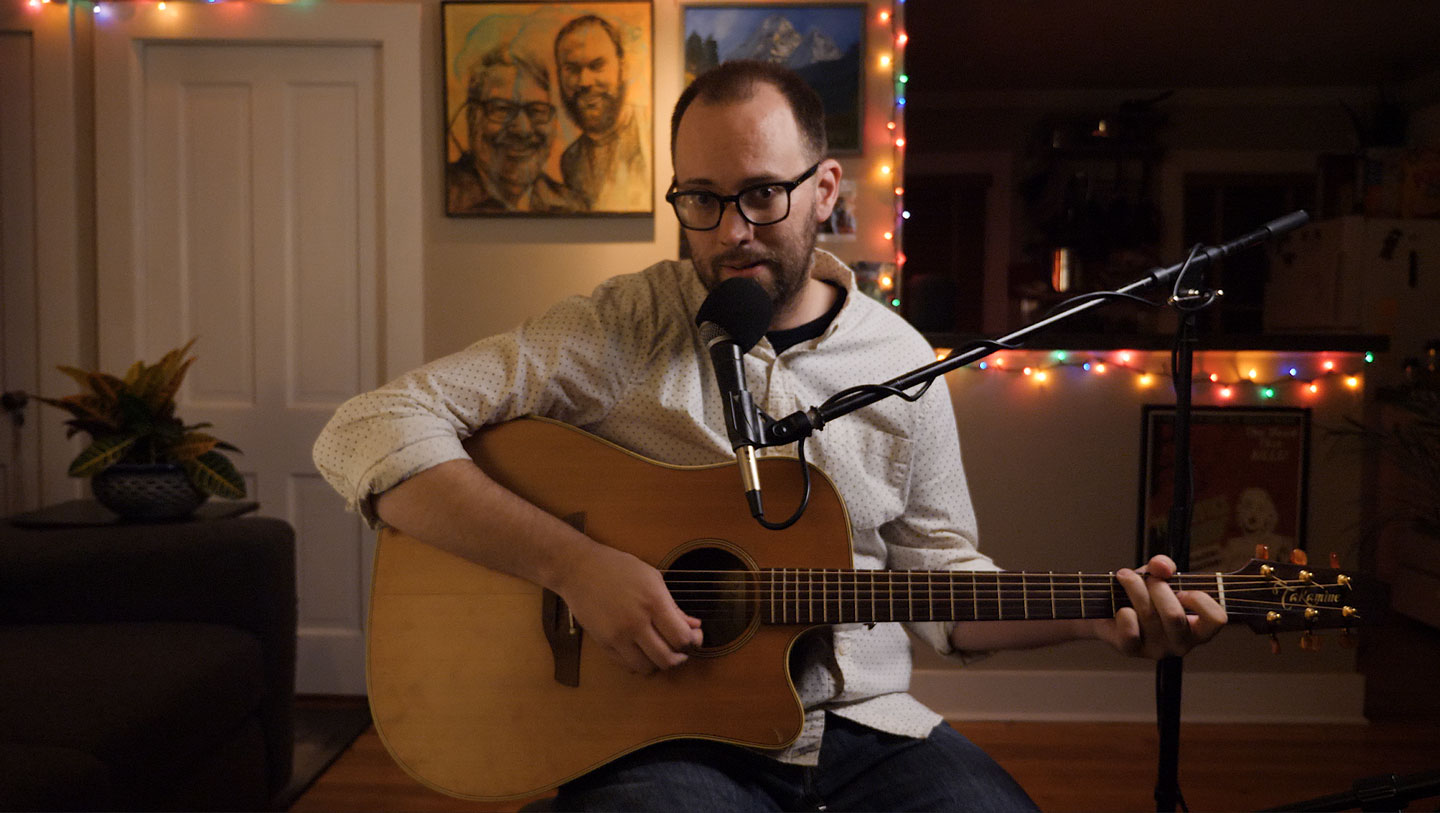The Zero Theorem
I caught Terry Gilliam’s latest film The Zero Theorem this past weekend with my friend Jon. As a superfan of Brazil, Time Bandits, 12 Monkeys, and many other Gilliam films, it’s always a treat to step into the worlds he pieces together.
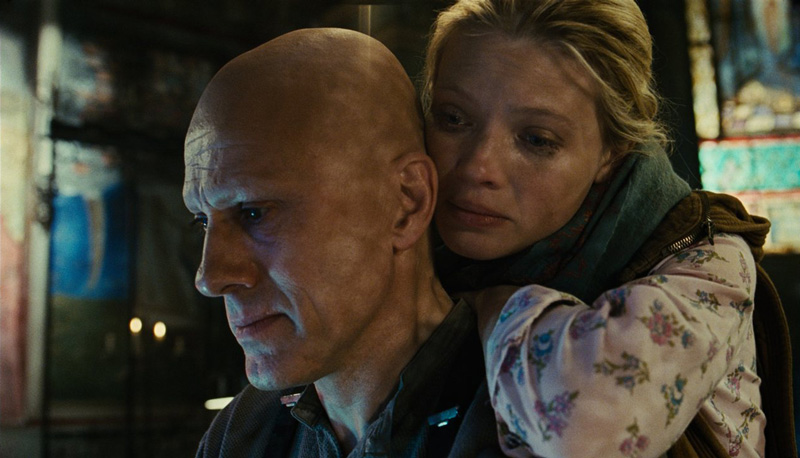
An eccentric computer programmer Qohen Leth, whose name is unambiguously close to Qoheleth, aka Ecclesiastes (thanks @EmJayArre for pointing this out to me), is waiting for a phone call that will give his life meaning with a fevered impatience that reminds me of Walker Percy’s conception of the Truth as a piece of news about our existential predicament and not a philsophical premise or mundane fact to be ascertained through intellectual inquiry (you should read The Moviegoer and Lost in the Cosmos).
In spite of some similarities in tone and theme, The Zero Theorem is not a mere retreading of Brazil’s cinematic territory. Christoph Waltz’s Qohen (“Q no U”) is not an everyman like Jonathan Pryce’s Sam Lowry. Qohen has nightmares while Sam had majestic, heroic dreams. Qohen is uninterested in the offerings of society, living alone in a dilapidated church purchased from an insurance company after sworn-to-silence monks burned to death in an accidental fire (keeping their oath!).
In Brazil, Sam Lowry is an ordinary man whose life is interrupted by the insane and oppressive society (and by the subersive actions of Robert De Niro’s Harry Tuttle). His inner-mind is full of wonder and adventure that is only smothered by the awful reality he lives in. And, if you’ve wisely chosen to watch the director’s cut and not the love-conquers-all American version puked together by studios against Gilliam’s wishes, you find that Sam Lowry’s only escape is insanity.
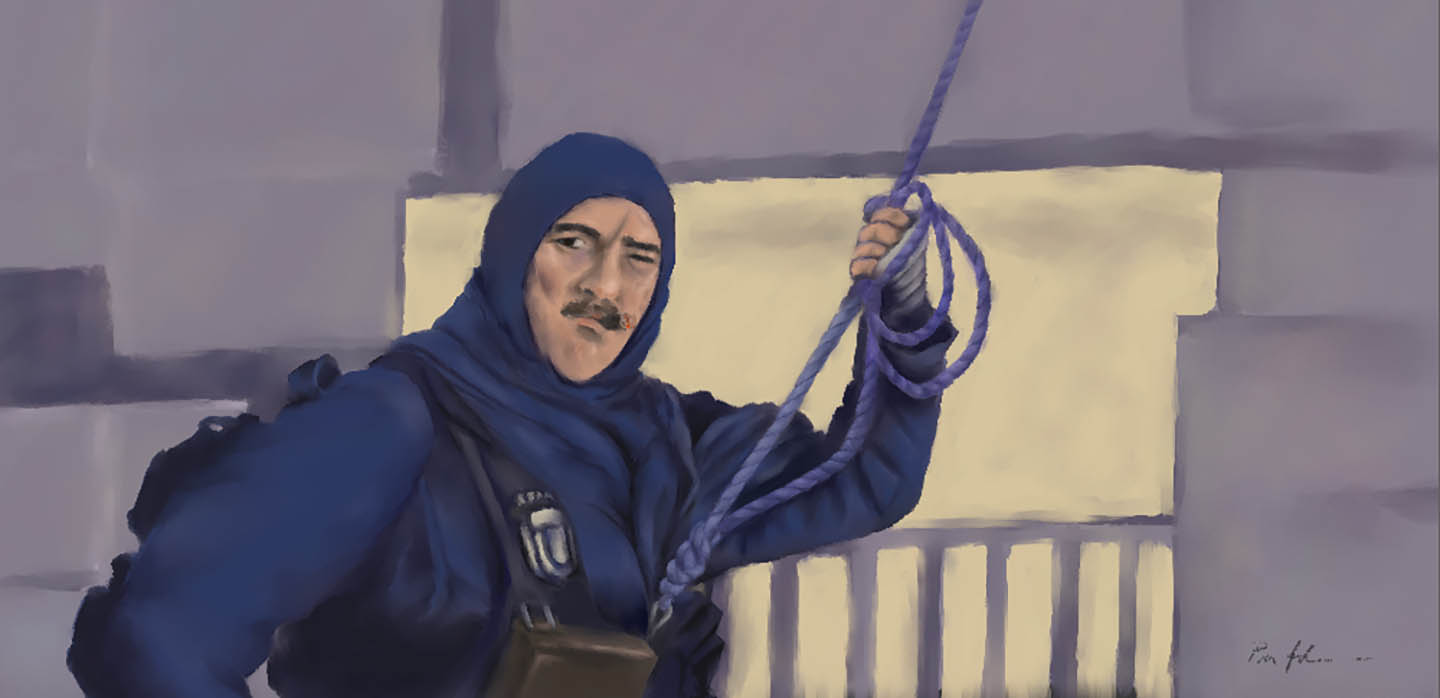
Sam and Qohen are both at the mercy of dystopian future societies, but Qohen’s world is less of a police state, and more of a disorganized mess where people are sated by technology (a la Huxley’s Brave New World) rather than crushed in oppression (a la Orwell’s 1984). But unlike either conception of future dystopia, The Zero Theorem takes place in a pretty busy, overstimulating world. It’s not clean and organized. Then again, few of Gilliam’s worlds are stark and clean and sterile. They are always full of junk and appear heavily lived in.
Qohen wants to work from home so he can be ready to receive his call, and when his talent (and supposed lunacy) is observed, he is assigned to the Zero Theorem (“Zip T”) project and sent home to prove that the universe is an accident that amounts to nothing in the end. Soon enough the work takes its toll on Qohen and he begins to have nightmares about a black hole devouring the universe.
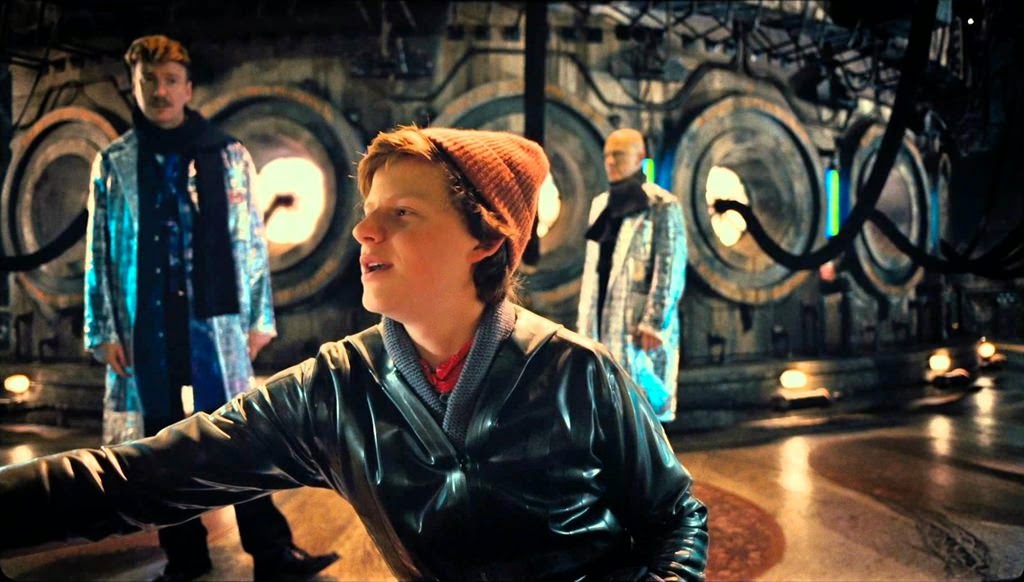
There’s not a single bad performance in this film. Christoph Waltz is hairless and eyebrowless, and yet is still exceedingly expressive. David Thewlis’ Joby is a pitch-perfect Monty Python-esque supervisor: verbally abusive and dismissive (always calling him “Quinn”), with an exaggerated and false concern. Mélanie Thierry’s Bainsley intrudes as seductress, confidante, and a chance for Qohen to need and be needed. Tilda Swinton chews scenery as a strange Shrink ROM virtual psychiatrist created to diagnose Qohen’s pathology. A particular scene that Jon and I could only describe as a “Vulgar Dr. Seuss Rap” is a definite comedic highlight of her performance.
I especially want to call out the performance of Lucas Hedges as Bob, the genius son of Management. You’ve seen him before in Moonrise Kingdom andThe Grand Budapest Hotel.
All of the supporting characters show a misguided and often dishonest concern for Qohen, reacting in amusement to his strange mannerisms (“We prefer not to be touched!”) and mocking his existential search for meaning. Even when they seem to be genuine, it comes off more as pity than understanding.
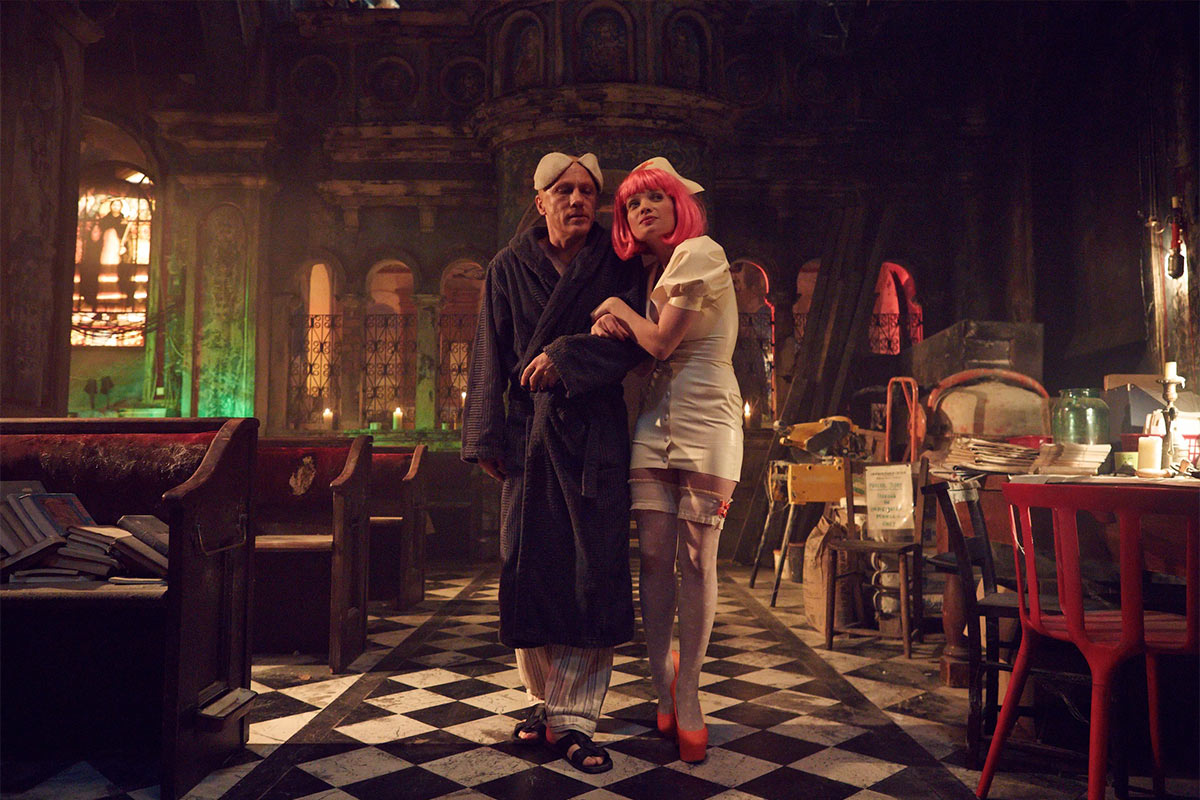
I would classify this movie as a tragedy with laughs rather than a comedy with tears. Qohen’s search for meaning is not a cosmic joke, and no one is (at least not ultimately) laughing at him. But this world has no good news for Qohen Leth, and attempts at diagnosing and supplementing for his emptiness are shown for the flat falsehoods that they are.
What is the tragedy, though? That Qohen has wasted his entire life waiting for a call that may never arrive? Or that Management’s only concern with the ultimate questions are how to best profit off of chaos and the inevitable running down of the universe? Or is tragedy itself emptied of meaning too? Nihilism may be a cancer of the mind, but is it also a true cancer of our universe?





